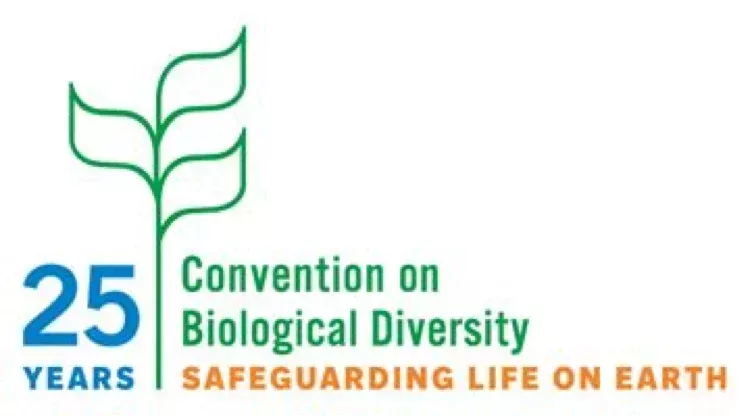The Secretariat of the Convention on Biological Diversity is pleased to announce that the theme of the International Day for Biological Diversity on 22 May 2019 will be: “Our Biodiversity, Our Food, Our Health”.
Whether you are in New York or Nairobi or Nagoya, chances are you have access to a greater variety of food than your parents or your grandparents once did. But even as the offerings become more diverse, the global diet as a whole – what people actually eat – is becoming more homogenized, and this is a dangerous thing.
This year’s celebrations of the International Day for Biological Diversity, on 22 May 2019, focus on biodiversity as the foundation for our food and health and a key catalyst to transforming food systems and improving human health. The theme aims to leverage knowledge and spread awareness of the dependency of our food systems, nutrition, and health on biodiversity and healthy ecosystems. The theme also celebrates the diversity provided by our natural systems for human existence and well-being on Earth, while contributing to other Sustainable Development Goals, including climate change mitigation and adaptation, ecosystems restoration, cleaner water and zero hunger, among others.
In the last 100 years, more than 90 percent of crop varieties have disappeared from farmers’ fields. Half of the breeds of many domestic animals have been lost, and all of the world’s 17 main fishing grounds are now being fished at or above their sustainable limits. Locally-varied food production systems are under threat, including related indigenous, traditional and local knowledge. With this decline, agrobiodiversity is disappearing, and also essential knowledge of traditional medicine and local foods. The loss of diverse diets is directly linked to diseases or health risk factors, such as diabetes, obesity and malnutrition, and has a direct impact on the availability of traditional medicines.
The links between biodiversity, ecosystems, and the provision of benefits to human health are deeply entrenched in the Strategic Plan for Biodiversity 2011-2020. They are central to our common agenda for sustainable development. This focus on the nexus of biodiversity, food systems and health provides an opportunity to generate discussions on ways to support the post-2020 process for a global biodiversity framework and to help “bend the curve of biodiversity loss by 2030”. In this regard, the UN Convention on Biological Diversity together with a range of partners, including the WHO, FAO, UNICEF, UNESCO, as well as other entities like EAT Foundation and the Food and Land Use Coalition (FOLU) are working together to identify transformative actions, through global food systems, to advance progress in support of biodiversity, climate, health and other related Sustainable Development Goals.
